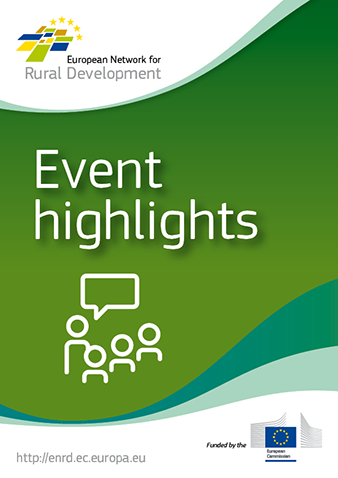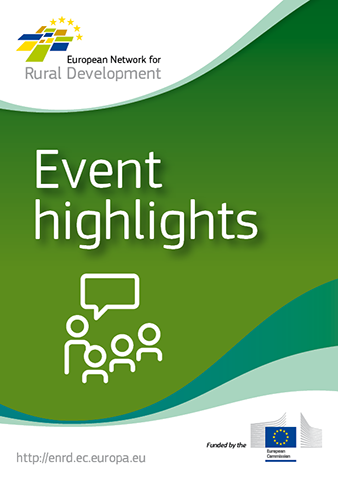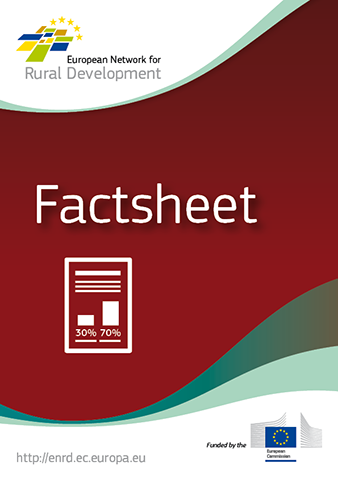
French agricultural organisations are translating the national strategy into sectoral approaches and initiatives. The livestock sector, which according to the NLCS is responsible for 45 % of France’s methane emissions, has developed methods to assess the GHG emissions of cattle production and ways to decrease them. This briefing presents some of the related climate initiatives and an example of their application in the French region of Pays de la Loire.





